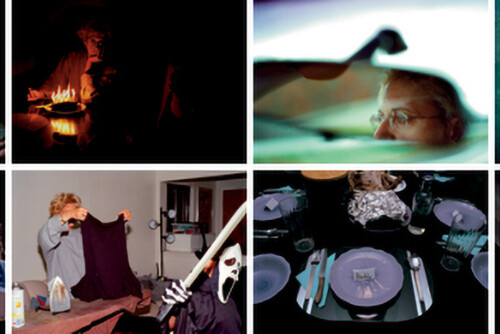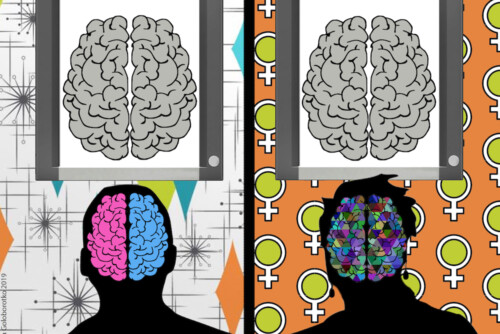Chapter Twelve: The Principal’s Office
When Ms. Rodriguez, Nora and I go back to Mrs. Nigel’s office later that day, my mother is already there. She stands up and turns toward us when we walk in, and I look down. Now I really am going to cry, I think.
“Nora, your mother is next door with Assistant Principal Rosa. Could you go see him, please?” Mrs. Nigel asks, and Nora walks out of the office.
“Clarissa, your Mamma and I have been talking, and I’ve spoken with Ms. Rodriguez too. You are a very good student: all A’s last report card, I understand?”
I nod.
“You’ve never had any trouble with the other children either. Ms. Rodriguez tells me that although you’ve been a bit of a loner in the past, you and Chantel have become friends. That’s good. Sui Wee’s family is lovely too; I met them when they arrived. I’m glad you’re making friends, but we must figure out why you became so angry today.”
I look up to say something, but she holds up her hand to stop me.
“I know you were angry with Nora, and I understand the two of you had another episode recently in class,” Mrs. Nigel says. “But there is more to this, Clarissa. We all get mad sometimes, that’s natural. It’s what we do with that anger that’s important.”
I look at Mamma, and I can tell that she isn’t mad, just concerned.
“Ms. Rodriguez has found the name of a very good organization,” says Mrs. Nigel. “The organization works with,” and she stops to clear her throat, “with prisoners’ families.”
“But my Dad isn’t in prison anymore. He’s home; I mean, he’s not home exactly. He’s living with grandma and grandpa, but he’s not in prison,” I say quickly.
“Yes, we understand,” replies Mrs. Nigel, and now she sits down and points to the chairs across from her. Mamma and Ms. Rodriguez sit, but I remain standing.
“We understand, and we are very glad your Dad’s out, but I just spoke with a very nice woman from an organization called Families Together. She said that for some families it’s even harder after a parent comes home from prison.”
I must look confused, because Ms. Rodriguez speaks.
“The woman from Families Together says that sometimes it’s even harder when the inmate comes home. It has to do with finding a job, and living as a family again. She says that often children are disappointed and angry because their parent’s homecoming doesn’t turn out like they thought.”
And then Ms. Rodriguez reaches over and touches my hand, “Clarissa, you don’t have to deal with this alone, you know.”
“Sweetie. I’m going to go too. I didn’t even know of the organization, but Mrs. Nigel has been telling me about it,” Mamma says. “They have support groups for families. I think we should both go.”
“Really?” I ask, surprised. When my father was away, my mother and I hardly ever spoke about him to anybody outside the family. Mamma always said, “Family business stays in the family.” She must have known what I was thinking.
“I know we don’t usually talk to anyone about Dad, but maybe it’s time to start,” she says and smiles at me.
I think about what she says, and I remember Dad telling me that he was “reaching out” to others while he lives at Grandma and Grandpa’s. I guess we all need help sometimes, I think. “O.K.,” I say, “I’ll try it.”
“Good job,” Mrs. Nigel says and stands up, and then Ms. Rodriguez and my Mamma get up too.
“I have to get back to work, Clarissa, so I’ll see you later, after the Homework Club.” Then Mamma thanks Mrs. Nigel. “Thank you. For everything,” she tells Ms. Rodriguez, and my teacher smiles.



